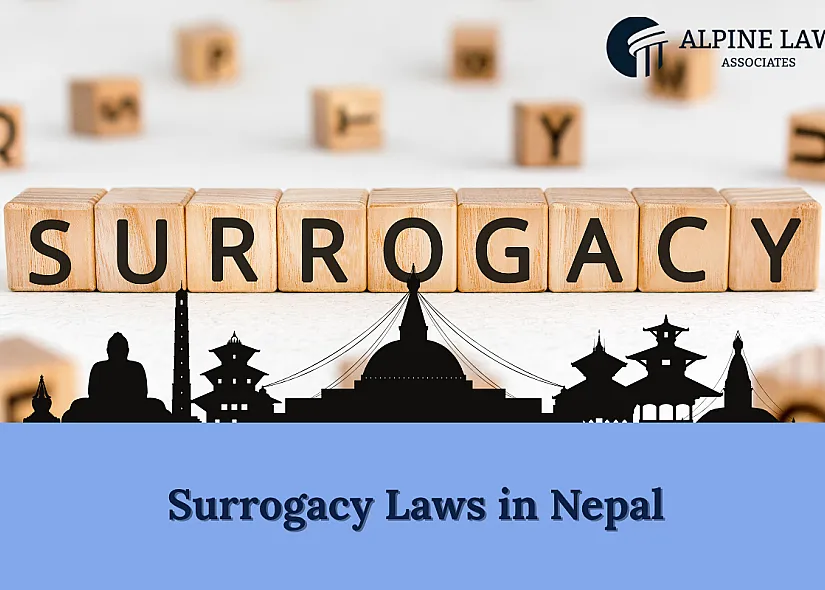Procedural Rights of Defendants in Nepal
This article explains the key procedural rights of criminal defendants in Nepal, including the right to legal representation, a speedy trial, protection against self-incrimination, and the right to a fair hearing. Based on the Constitution of Nepal and the National Criminal Code, 2074, these safeguards ensure justice and prevent arbitrary punishment. With a focus on due process and fundamental freedoms, the article outlines how Nepal's legal system protects individuals at every stage of criminal proceedings.



-thumb_big.webp)
-thumb_big.webp)
-thumb_big.webp)
-thumb_big.webp)
